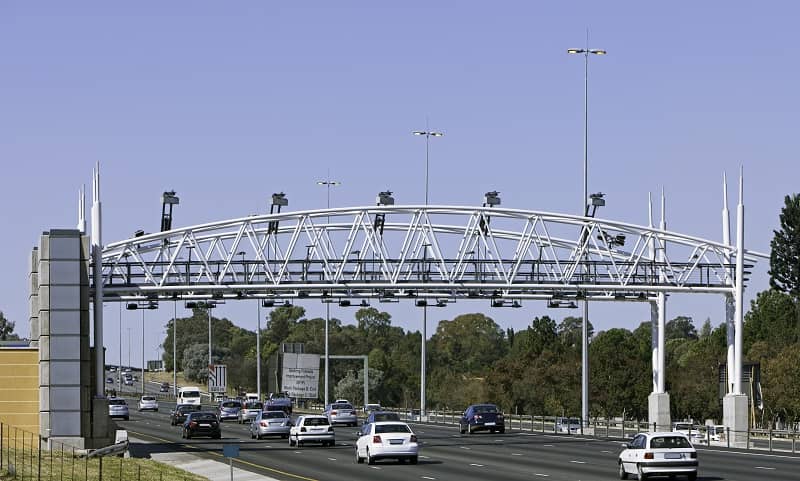By Eric Fruits, Ph.D.
In about 18 months, Portland-area drivers will be paying the first of many tolls if the Oregon Department of Transportation has its way. By the end of 2024, ODOT plans to toll both the Abernethy Bridge and the Tualatin River Bridges on I-205. Tolls could be as high as $2.20 each way on each bridge, or $8.80 round-trip across both bridges. That’s just the first phase.
By the end of 2025, ODOT expects to impose tolls along the entire lengths of both I-5 and I-205 from Wilsonville to the Washington state border. After that, the Interstate Bridge Replacement Program plans to charge tolls to cross the Columbia River on both I-5 and I-205.
Under federal law, states must get permission from the Federal Highway Administration (FHWA) to charge tolls on Interstate highways. One of the steps is publishing an Environmental Assessment that details the potential environmental and economic impacts of a federally funded project. ODOT recently published its Environment Assessment of the Abernethy and Tualatin River bridge tolls.
ODOT estimates the average household will pay $575 a year just for its first phase of tolls. That’s $575 that Oregonians won’t be able to spend on other things, with restaurants and retail establishments the hardest hit. ODOT estimates that its tolls will cause more than 750 people to lose their jobs and reduce wages by about $3 million a year.
The transportation department projects that it will collect $132 million a year in tolls: $93 million a year from households and $39 million a year from freight carriers. At the same time, ODOT estimates that reduced traffic on I-205 will produce only $105 million in economic benefits from reduced congestion, environmental improvements, and economic activity. That means Oregonians will be $27 million worse off every year these tolls are collected.
This is not how congestion pricing is supposed to work. Done correctly, congestion pricing makes people better off because the value of the travel time saved is worth more than the tolls they pay. Somehow, ODOT got way off track and concocted a tolling scheme that charges outrageous tolls, doesn’t generate sufficient time savings, impoverishes families, and drives out employers.
Federal law allows anyone to comment on an Environmental Assessment. If the FHWA receives sufficient comments that demonstrate the negative impacts of ODOT’s tolling plan, then the agency may not approve the tolling plan.
If you wish to comment, send your comments to I205TollEA@odot.oregon.gov with “EA comments” in the subject line. The deadline for comments to be considered is Friday, April 21, at 4:00 pm.
The ODOT website also directs people who want to comment to a multi-lingual online form:
“Electronic comments: If you wish to submit an official comment on the I-205 Toll Project Environmental Assessment electronically, please use this multi-lingual online comment form. If your comment includes an attachment, you may email it to I205TollEA@odot.oregon.gov with ‘EA comments’ in the subject line. All comments must be submitted by April 21, 2023, 4:00 p.m. to be considered.”
Eric Fruits, Ph.D. is Vice President of Research at Cascade Policy Institute, Oregon’s free market public policy research organization. A version of this article was published by The Portland Tribune on March 15, 2023.












